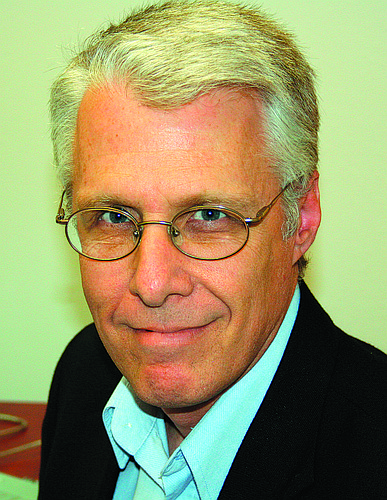- November 23, 2024
-
-
Loading

Loading

The problem appears to be hogs tearing up thousands of acres of publicly owned land in Sarasota County and destroying natural habitat. The solution appears to be easy, straightforward and time-tested: Cull the fast-breeding pests with some hunts resulting in dead pests.
But these things can be deceiving. The real problem is that the solution slams straight into animal rights activists’ head-shakingly skewed principles and utter lack of common sense.
The county and the Southwest Florida Water Management District, known as Swiftmud, own and manage the 6,440-acre Deer Prairie Creek near North Port. An adjacent area known as the Schewe Tract is a 3,964-acre area owned and managed by Swiftmud.
The problem is that feral hogs use their big, strong snouts to rut around, tearing up huge swaths of ground. They damage vegetation, feed on the eggs of ground-nesting birds and turtles, eat crops and carry disease. Plus, there are increasing complaints from bikers, hikers and horse-riders that use those public lands. Big, male hogs are quite dangerous.
They can reproduce by eight months of age and have litters of between six and 10 piglets. Twice each year. Not native to Florida, they have no serious predators other than an occasional gator or coyote. Do the math. It’s easy to see how they become such a destructive nuisance.
I have a good friend who manages a 2,500-acre ranch outside Sarasota County. The hogs cause tremendous damage to citrus and pasture land, plus they leave deep ruts where cows have broken their legs. That’s a lot of money lost.
We hunt them with dogs and knives and eat a lot of pork. I like to think of it as green sustainability, living off the land and making full use of the resources. But I’m sure the animal rights folks see it as barbarian. They should see what gators or coyotes do to cute little piglets.
Make no mistake. The hogs have to go, or they will destroy all the natural habitat the county has spent millions of tax dollars to preserve.
According to the joint agreement with the county, the regional water authority is responsible for animal control on the Deer Prairie Creek environmental land, and it wants to conduct two sets of three-night hunts in December and March. For somewhat obvious political reasons, the authority wants the county also to approve the hog hunts for that land, although that is not required.
The county’s committee that oversees environmentally sensitive lands approved the hunts. But when the request reached the County Commission in early June, commissioners punted, asking for more information after two animal rights activists spoke out against the program.
“It is a blood sport, dangerous to the dogs … It’s very cruel to the dogs and hogs,” said Elise Mathes, president of Sarasota in Defense of Animals. “Hunters will stomp over the native plants.”
Really? Considering what the hogs do to the plants, this just isn’t serious thinking.
Karen Ankerstar went much further with overheated hyperbole: “barbaric, unnecessary and frankly, backwater activity;” “It’s a public relations disaster;” and the community will be “depicted for being intolerant once again.” The last one is in reference to when some pro-homeless, publicity-hunting group in Washington D.C., decided to name Sarasota the meanest city in the U.S. for trying to keep homeless people from urinating on the sidewalk. Again, just not serious.
The animal righters want the county to trap the hogs, apparently thinking that is more humane. Then what?
You can’t put them in crates if they’re pregnant, thanks to other crazy environmentalists who smuggled that idiotic gem into the Florida Constitution. You can’t just release them somewhere else to cause problems.
What usually happens is they are shipped overseas where they are slaughtered for dinner. I’m sure the Chinese do it very humanely though.
This will be back to the County Commission in early July. Let’s hope they can get beyond a few loud extremists and swiftly rid the area of the pests.
Rod Thomson can be reached at [email protected].